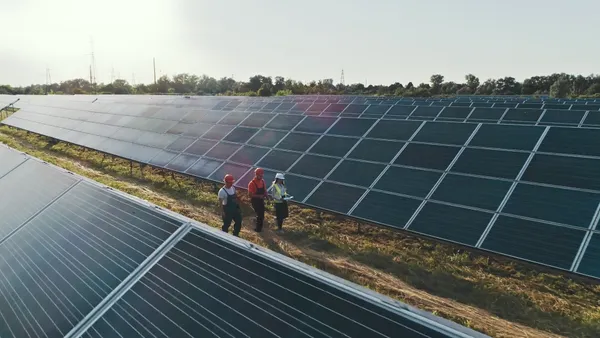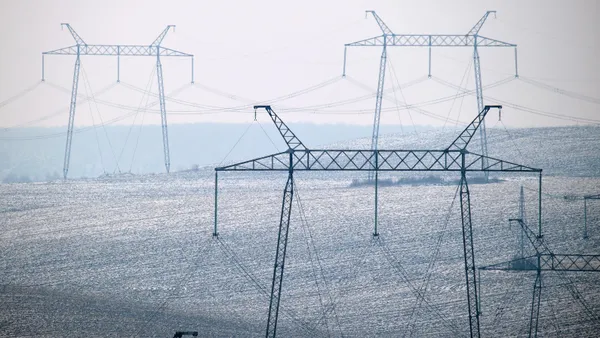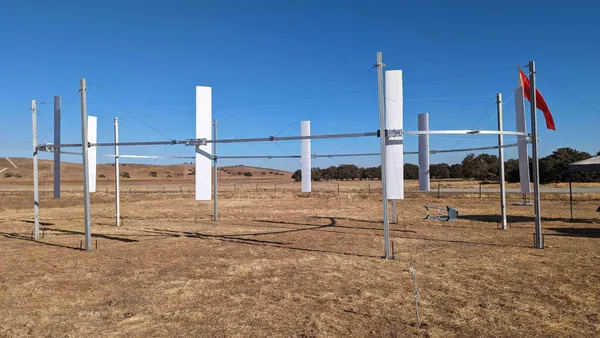Dive Brief:
- Massachusetts' cap on net metering cost the state $78 million in solar projects so far, according to new analysis from trade group the Solar Energy Industries Association.
- At least 124 projects with a total capacity of 51.2 MW are on hold as the solar trade group urges lawmakers to raise the cap again. Three of the state's incumbent utilities, National Grid, WMECO and Unitil, have already hit the caps in their respective service territories.
- SEIA estimates raising the cap 5%, coupled with the state's proposed solar incentive program, would pave the way for 1,000 MW of solar by 2022.
Dive Insight:
Massachusetts ranks 6th in the nation for installed solar capacity, (1,743 MW), but its growth hit a roadblock — again — over net metering caps.
Distributed generation systems qualifying for net metering are capped at 7% of a utility's system load for private systems, and 8% for government and municipal projects. As rooftop solar grew in popularity, caps were hit across the state, prompting lawmakers to raise the cap twice in two years.
But critics have long called this a short-term fix without substantial net metering reform. Massachusetts has also set ambitious renewable energy goals in the past year, and solar advocates say raising the caps could help meet those targets.
“With projects now on hold in more than half the state, the Legislature should raise the net metering caps this year," Sean Gallagher, SEIA’s vice president of state affairs said in a statement. "Doing so will ensure significant investment in the Commonwealth, create new jobs, protect thousands more, and help meet the Governor’s clean energy goals."
Massachusetts also rolled out final regulations in August for its SMART solar program aimed at developing 1,600 MW of new solar capacity.
The SMART program features a fresh declining block mechanism for determining solar energy incentives: After setting a base price for the first 100 MW of solar through a competitive auction, the program would allocate eight 200 MW blocks of solar energy over time at declining incentive prices. But it does not raise the caps for net metered projects, which solar advocates say is necessary to encourage deployment.












